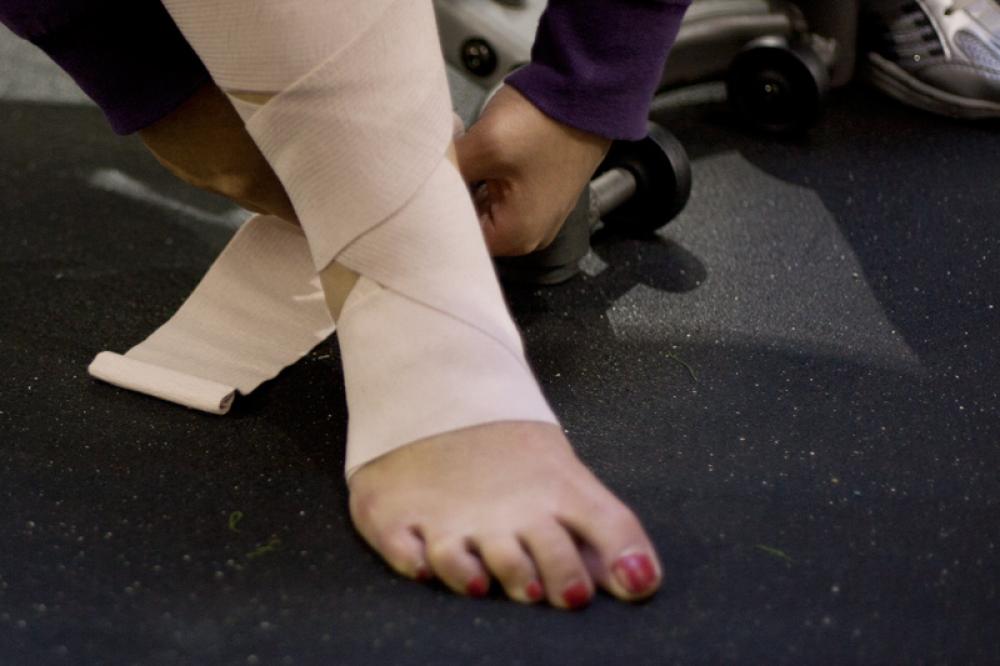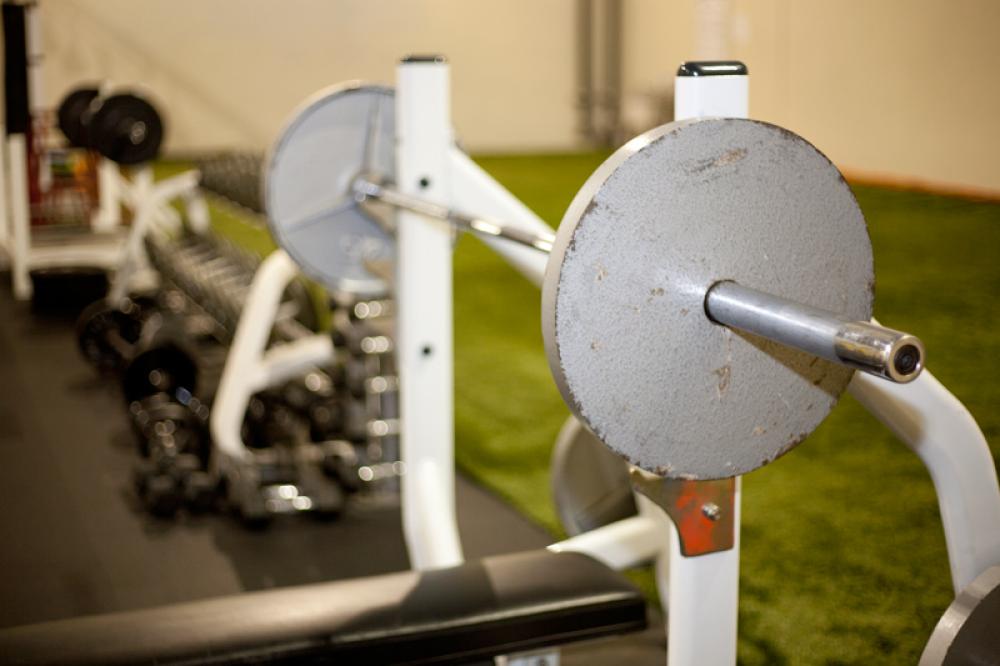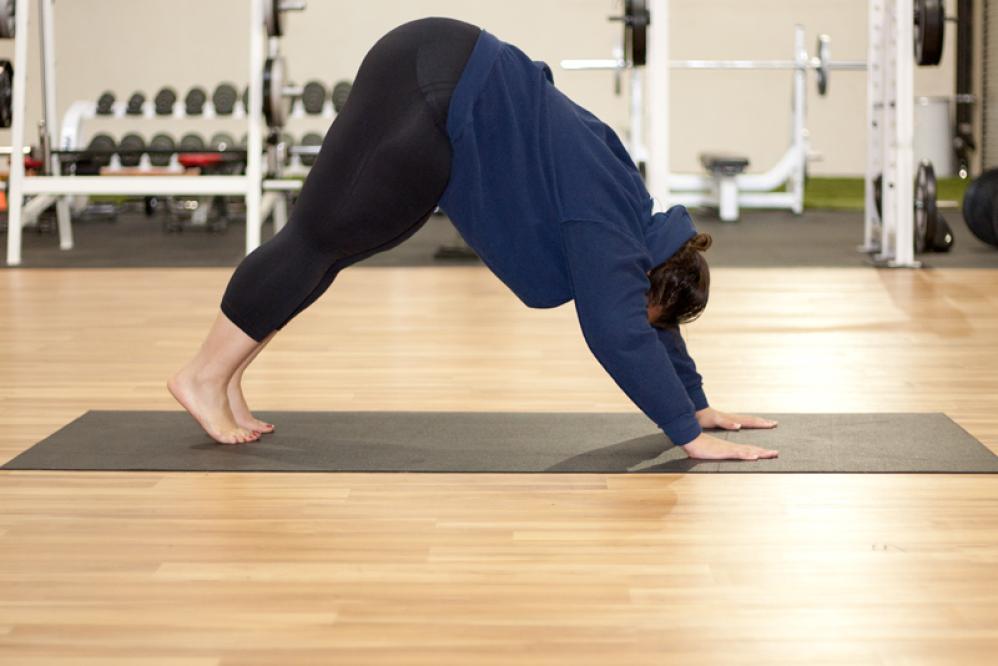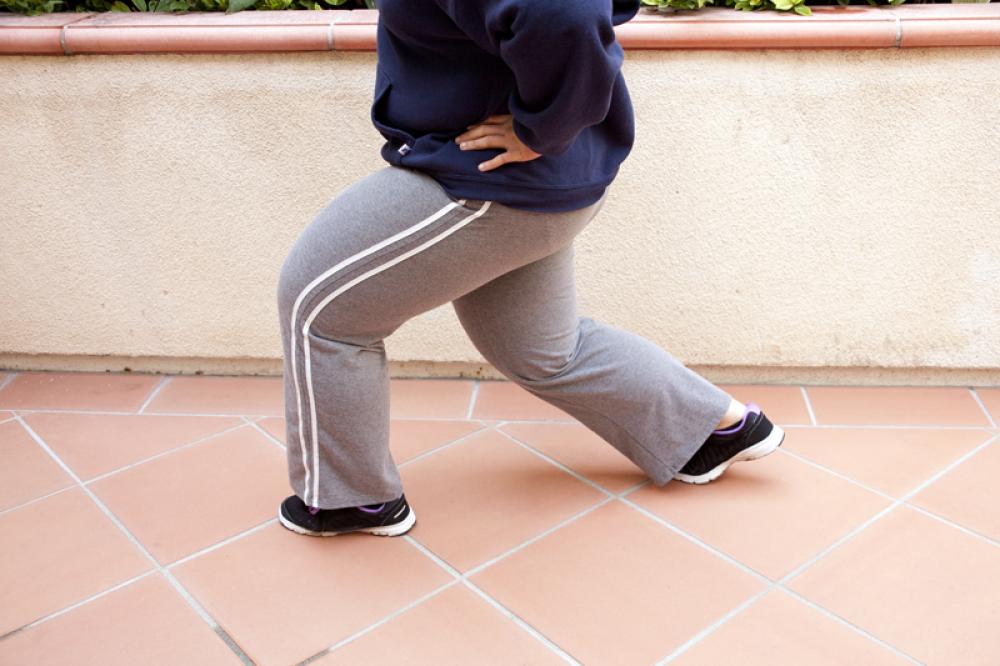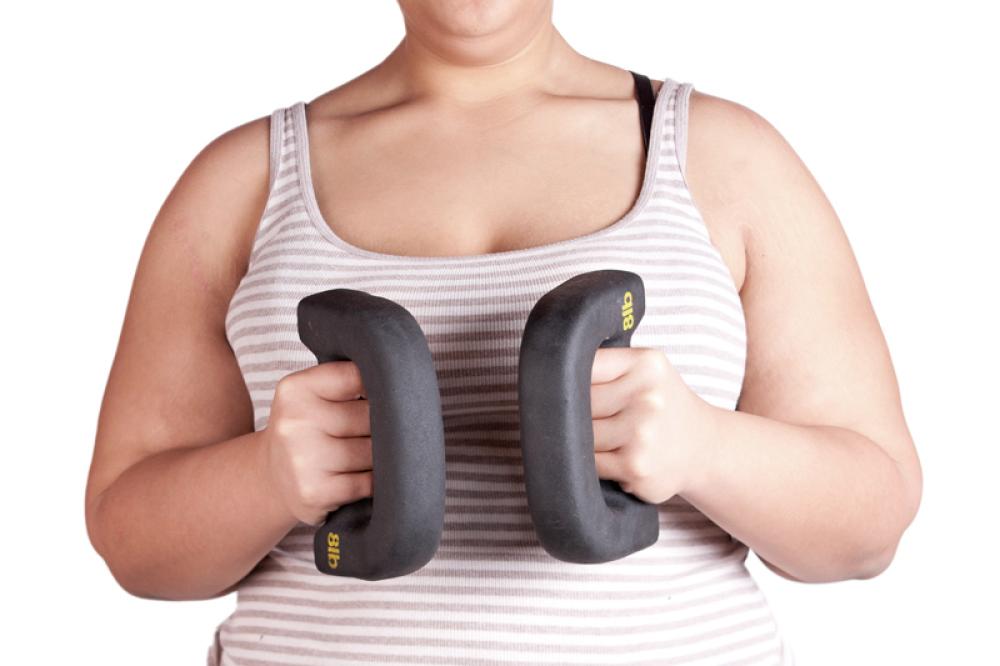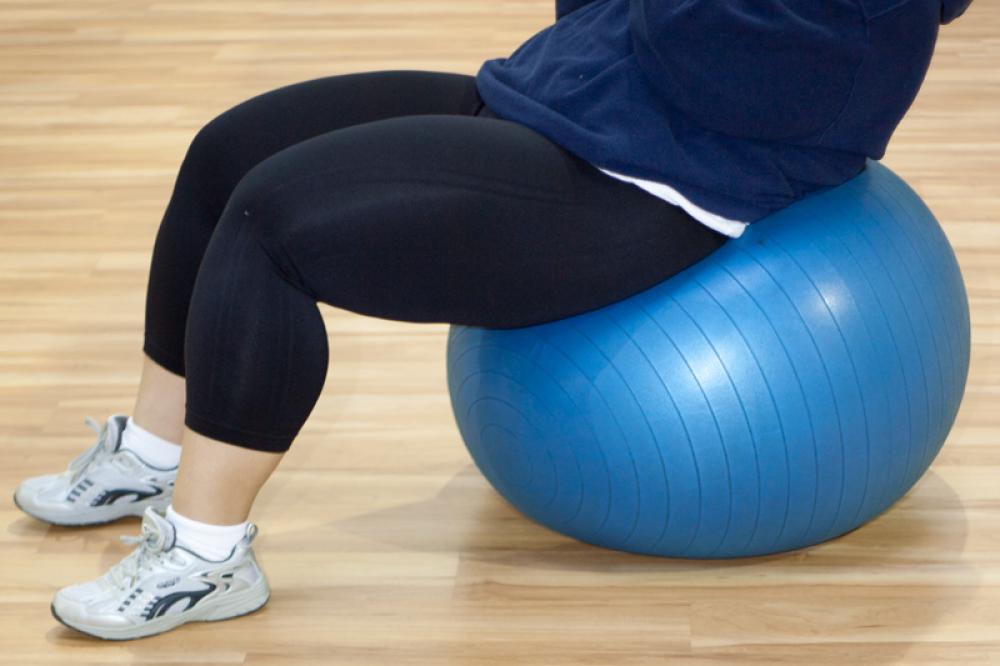Your bariatric procedure is permanent. You typically only have one chance at success and you need to concentrate on losing as much weight as possible and then fighting to maintain that weight-loss. Because of the nature of the surgery, you must focus on lifestyle changes.
Healthy choices will help you for the rest of your life.
You must remember that you are NOT on a DIET but rather choosing healthy portion and diet choices for the rest of your life. You must renew your commitment each day and stick with it each day.
Smart Decisions and Portion Control
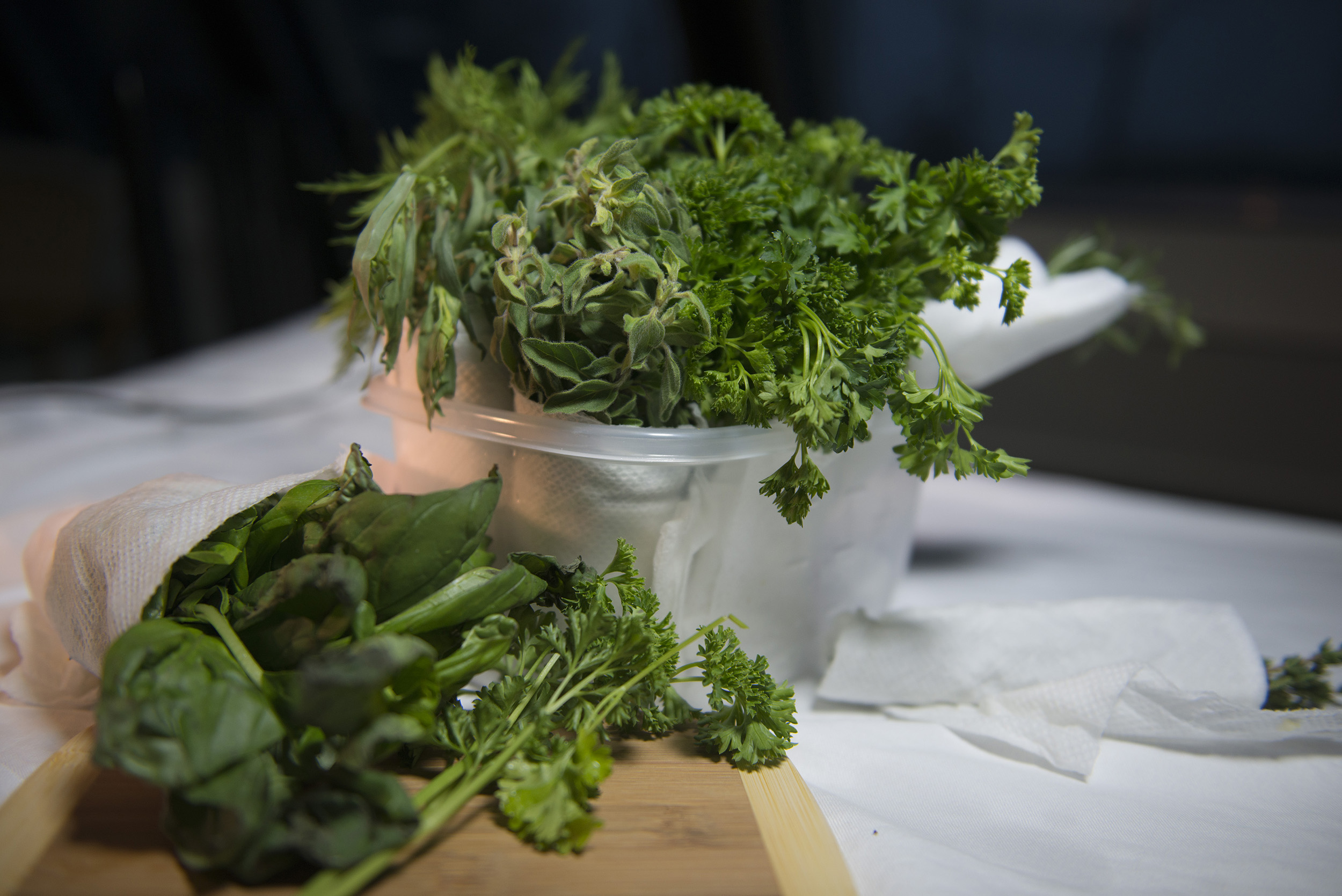
Try not to skip breakfast.
Eat within one hour of waking. A good breakfast is very important for you to jump start your day and your metabolism. You must incorporate breakfast into your new lifestyle.
Eat frequently.
Eating frequently seems to be the key to being able to eat a wider variety of foods. If you wait too long to eat, you may experience a spasm sensation when you finally do eat. If your pouch remains empty too long, you may become nauseous and not be able to eat at all. This can become a vicious cycle that requires going back to liquids and starting from the beginning. It can also result in hospitalization.
Learn how to eat.
When you begin to introduce new foods, you may experience some food intolerance. Nevertheless, continue to cautiously try new things. If you have trouble, for example, tolerating grilled chicken, discontinue this food for a period of 1 to 2 weeks and try again or try to cook it differently. You must also learn to eat small bite size pieces. The bite size should be the size of a dime and you must chew even these small pieces for a minimum of 20-25 times per bite. Stop eating when you are full. Do not overeat. Remember to measure your food until you can eyeball 3 to 4 ounces on a plate. After surgery, overeating is the primary cause of nausea and vomiting.
Consume enough fluids

The required amount of liquids to consume daily is 64 to 72 ounces. Water is your best choice, but you may get your fluids from non-carbonated, non-caloric and decaffeinated sources. Remember to sip slowly right after surgery. You need plenty of fluids for your digestive tract to function properly.Drinking a sufficient amount of fluids helps significantly during this process and assists with the breakdown of your food. It is very easy to become dehydrated when the capacity of the pouch is reduced. You will never be able to “gulp” or ingest huge amounts of fluid due to the size of the pouch. Therefore, plan on sipping all day.
Do not drink and eat at the same time.
If your pouch is filled with fluid, you will not be able to eat an adequate amount of solid food. Adding liquid too soon after eating will give you a sensation of “floating your food” and you may vomit.
Eat four small meals to fuel the body for the day.
Do not return to the habits of eating 3 or less meal each day or skipping meals. You will begin to experience fatigue, hypoglycemia or hunger if you wait too long to eat. You will also experience plateaus or weight gain due to decreased metabolism.
Count protein, fat and carbohydrates.
Your body has a physiological need for protein, carbohydrates and fat. You will want to consume your goal amount of protein each day (about 80 grams). There seems to be a natural preference for foods with fat and carbohydrate therefore meeting your daily requirements of these foods is rarely a problem. Do not risk your heath; plan each and every day for a healthy balanced diet with an emphasis on protein.
Take multivitamins daily.
Post-surgical weight loss patients have limited capacity for food. These limitations reduce the likelihood of being able to meet recommended daily nutritional allowances. You must take multivitamins, calcium, vitamin B12 and iron to prevent deficiencies and diseases like anemia.
Make healthier food choices

If you identify food as good or bad, you will have a tendency to label yourself in the same manner. Learn that moderation is the key to success. In relation to your food choices, it requires patience and practice to get off the “all or nothing” roller coaster. You must eat proteins throughout the day to maintain your lean muscle mass. You may crave foods high in sugar or fat, but if you do not exercise control you will be defeating the purpose of your surgery. The cravings will pass and you can also find alternatives to some of these unhealthy meals and snacks.
Exercise regularly.
Almost any form of physical activity is allowed once your doctor clears you for physical activity. Remember, exercise should not hurt but it is not easy. If you are exercising within your target heart rate (THR) then you will be out of breath. Stay away from energy drinks and rehydrating drinks like Gatorade. These contain too much sugar, salt and too many calories.
Identify the reasons you want to eat.
If you stick to eating on schedule, you will be able to identify emotional eating easily. For example, if you have eaten on schedule and suddenly find yourself craving for a hot fudge sundae, you will recognize that your craving has nothing to do with physical hunger and everything to do with emotional hunger.
Keep a journal.
Research has shown that keeping a journal will help a person overcome their old destructive habits and create new constructive habits. It also helps you keep track of your calorie, protein, fat and sugar intake and your feelings. You can use your journal to write down your goals and indicate when you meet those goals.
If you develop vomiting.
If you develop an episode of vomiting the first thing to do is relax a stop eating. Wait one hour before trying anything and then try to just have a small amount of liquids. You may need to go back to the Phase I diet for as long as 24 hours. If vomiting becomes severe or does not go away then you need to contact your doctor.





